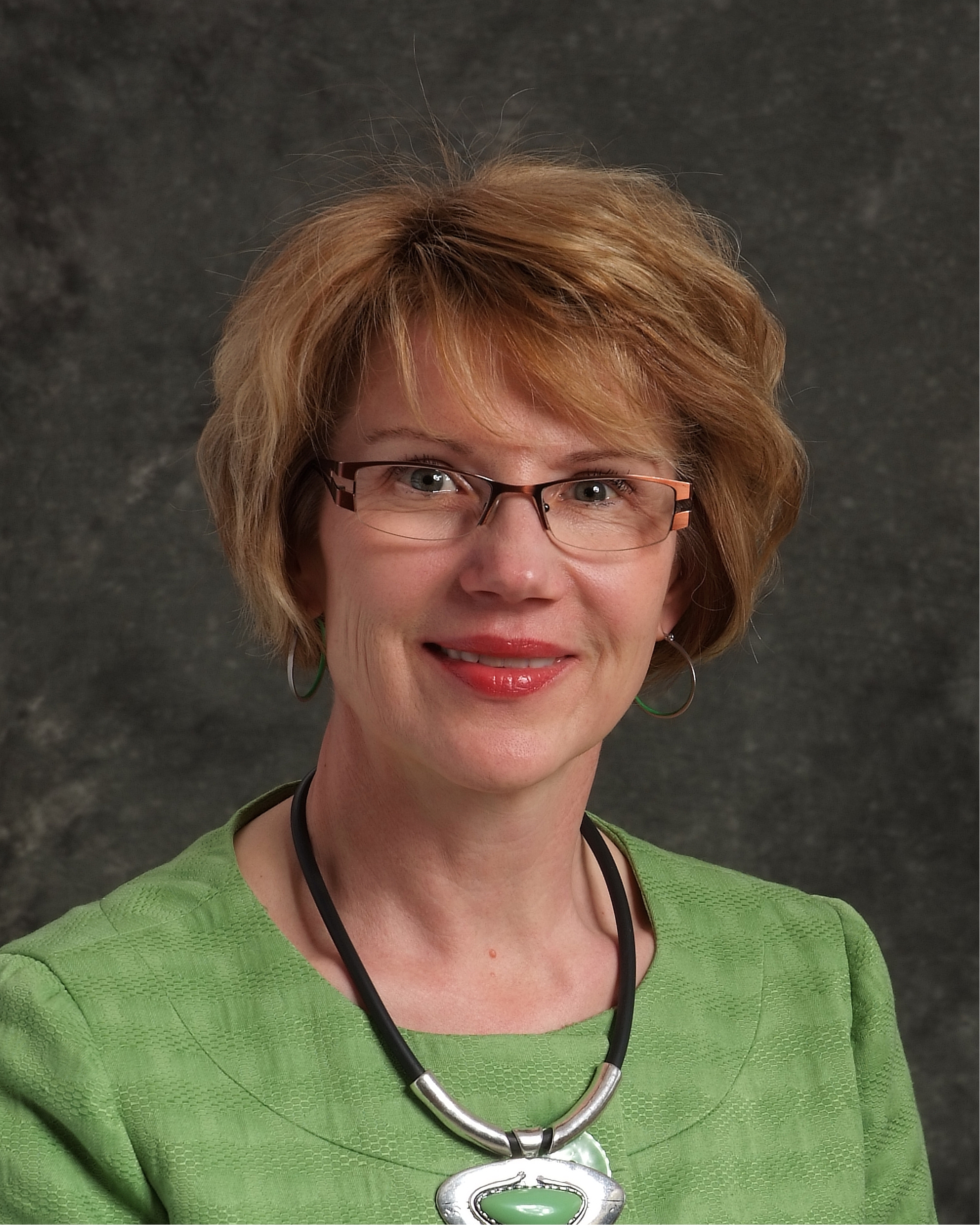 Thanks to a team of researchers at the University of Saskatchewan, patients with chronic obstructive pulmonary disease (COPD) may soon be singing as part of their standard care. COPD affects the air passages in the lungs and makes it hard to breathe. U of S nursing Professor Donna Goodridge and her team are examining how singing can help people already involved in traditional pulmonary rehabilitation further improve their health and wellness.
Thanks to a team of researchers at the University of Saskatchewan, patients with chronic obstructive pulmonary disease (COPD) may soon be singing as part of their standard care. COPD affects the air passages in the lungs and makes it hard to breathe. U of S nursing Professor Donna Goodridge and her team are examining how singing can help people already involved in traditional pulmonary rehabilitation further improve their health and wellness.The study, the first of its kind in Canada, is already showing results.
"My breathing has really improved," said participant Betty Braun. "Even though I'm not the best singer, we've been encouraged to sing at home and I've been doing that, too. It's all been working really, really well."
Symptoms of COPD include a persistent cough, shortness of breath and fatigue. As a result, people with COPD often have trouble carrying out normal activities. "Over 1.5 million Canadians currently report a diagnosis of COPD and there may be just as many Canadians who have the condition, but haven't been diagnosed yet," said Goodridge. She said singing has received relatively little attention as a form of pulmonary rehabilitation.
Rehabilitation programs focus on education and exercise, and as an exercise for the lungs, singing is a natural fit. It requires effective control of the breath and engages respiratory muscles in ways that are different from just talking or exercise.
"Singing is physical work," said music therapist Ruth Eliason. "It takes effort to sing, to have breath control and support of that breath."
Funded by the Lung Association's Canadian Respiratory Health Professionals section, the project involves researchers from nursing, physiotherapy, medicine, education and music therapy.
The first phase of the research project was completed earlier this year. A group of 13 participants met weekly with the music therapist. "In our singing group, we work on breath exercises, vocal warm-ups and singing, all of which engage the breath in helpful ways," Eliason said.
"The results were very positive in terms of quality of life, perceptions about control over illness, and participants' perceptions of their ability to control their breath," Goodridge said.
Along with the physical benefits, the program is also concerned with the social aspect. Because COPD limits the activities of patients, it can be isolating and lead to depression.
To gather with the group each week "lifts the spirits," said participant Roy Parker, "and you're getting stronger at the same time, so it's a multi-faceted program."
Recruitment of participants for the second phase of the study will begin in January. This phase involves more rigorous cardiopulmonary exercise testing where the researchers hope to detect physiological changes brought on by singing.
The team produced a short video—Singing for Pulmonary Rehabilitation—which will be posted on the Canadian Lung Association website.
Lisa Buchanan is a graduate student intern in the Research Communications SPARK (Students Promoting Awareness of Research Knowledge) program.